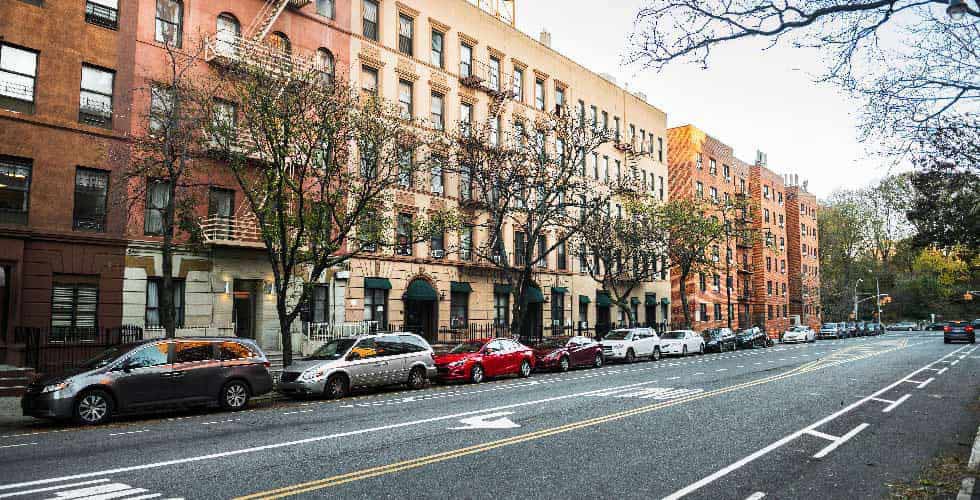
Editor's Note: This is part 2 in a two-part series on the case of People v. Kukic. To read part one, click here.
Part 1 of this series reviewed the events leading up to a March 2015 gas explosion in New York, New York, that killed two people and injured 13 more. The explosion was caused by an “unauthorized, makeshift and dangerous gas delivery system” designed to divert gas from one building to another. In Part 2, we will look at the criminal indictments, convictions and other legal consequences that resulted from this tragic incident.
Two-Month Trial
In 2014, Maria Hrynenko; with the assistance of her son, Michael Hrynenko; a contractor, Dilber Kukic; and two plumbers, Anthanasios Ioannidis and Andrew Trombettas; set up a secret piping system to divert gas from one building to another in downtown New York City. A leak from this illegal system resulted in a devastating explosion on March 26, 2015.
In February 2016, Hrynenko, her son, Kukic, Ioannidis and Trombettas were arrested and charged with manslaughter, negligent homicide and assault, among other things. In November 2019, after a two-month trial, Maria Hrynenko, Kukic and Ioannidis were convicted on two counts of felony manslaughter and were sentenced to a total of four to 12 years in prison.
License Revoked
Michael Hrynenko, the building manager who was also indicted, died at age 31 while awaiting his trial. Trombettas entered into a plea agreement and was sentenced to three years of probation and 100 hours of community service. However, that was not the end of the matter for Trombettas. The city audited 400 jobs for which Trombettas obtained permits. It found 82 violations.
License revocation proceedings were initiated against him, and in February 2016, an administrative law judge concluded he “was negligent, incompetent, lacked knowledge of or disregarded relevant laws, made material false or misleading statements on documents and endangered public safety and welfare.” The judge blasted his testimony as “deliberately vague or forgetful, inconsistent, self-serving and largely not credible.”
On one occasion, Trombettas was in Greece when he was supposedly conducting an inspection in New York.
Appeal In the meantime, Maria Hrynenko and Kukic appealed their convictions, claiming the verdicts against them were unsupported by, and against the weight of, the evidence. The appellate court disagreed. It found that the evidence was more than sufficient to establish, beyond a reasonable doubt, “that defendants recklessly caused the victims’ deaths when they deliberately circumvented safety regulations to create and operate the unauthorized system that diverted natural gas from the building at 119 Second Ave. to the apartments in the building at 121 Second Ave.”
The court went on to reject the notion that the tragic consequences of the illegal gas hookup were not foreseeable:
“There was ample evidence that defendants, who both had ample experience with buildings and the relevant regulations, understood the risk that death would occur when they proceeded with building and operating the unauthorized gas delivery system. However, Hrynenko needed a gas delivery system to enable her to immediately begin collecting rent for the apartments at 121, so she chose not to wait for Con Ed’s permitting and inspection process to be completed for the authorized system and instead had Kukic build an unauthorized and dangerous makeshift system, using unlicensed plumbers, which they hid from Con Ed. The record shows that defendants both had active roles throughout the planning, building and operation of the system.”
Unreasonable Reliance
The defendants also argued that Eric Pacheco, another unlicensed plumber who worked with Ioannidis, had assured them the gas diversion system was safe. However, Pacheco, who reached a plea agreement with prosecutors, testified at trial that, shortly before the Con Ed inspectors were to arrive on March 15, Kukic and Ioannidis had argued about how best to prevent the inspectors from discovering the unauthorized system. He also testified that he personally thought the diversion system was safe, but the court held that this did not absolve either of the defendants:
“Although Pacheco testified that, at the time, he did not believe that the system he and Ioannidis built was dangerous, there was no evidence that he made assurances to defendants about its safety. Moreover, even if Pacheco had made assurances to them, it would not have been reasonable for them to rely on those assurances, given that they knew that the system, which Pacheco helped build with another unlicensed plumber, was unauthorized. “Indeed, the first unauthorized system for providing gas to the apartments at 121 had resulted in a gas leak, and yet defendants decided to use the same personnel to create the second unauthorized system.”
The defendants also argued that the verdict against them was against the weight of the evidence because they had presented expert testimony that the leak did not come from the unauthorized gas diversion system, but rather from a leak in a tenant’s kitchen appliance. The court rejected this argument as well:
“Although defendants’ expert testified that the explosion occurred in the first-floor restaurant due to a leak in a kitchen appliance, the jury was entitled to reject that testimony and credit the testimony of the People’s expert, who testified that a massive volume of gas escaped from the open meter bars in the unauthorized system, ignited in the basement of 121, and followed a path up the stairs to the first-floor restaurant, then out the front of the building.”
Civil Suits
Maria Hrynenko’s legal problems did not end with the criminal convictions. She was hit with dozens of civil lawsuits for damages arising from the explosion, and her insurance carriers denied coverage for these additional suits. The insurance carriers initially appointed counsel to defend her in these suits, but once the criminal indictments were handed down, they disclaimed coverage based on a policy exclusion for criminal or illegal acts.
Hyrnenko was not the only one who was sued by those who suffered losses from the explosion. Both the City of New York and Con Ed were also sued for “failing to observe significant and dangerous ‘red flags’ [and] failing to take any steps to protect the public and their property.” Among the many lawsuits was one filed by actress Drea de Matteo. (Fans of the television series “The Sopranos” may remember her as Christopher’s girlfriend, Adriana La Cerva.) She was not injured, but her apartment was one of those destroyed in the explosion.


